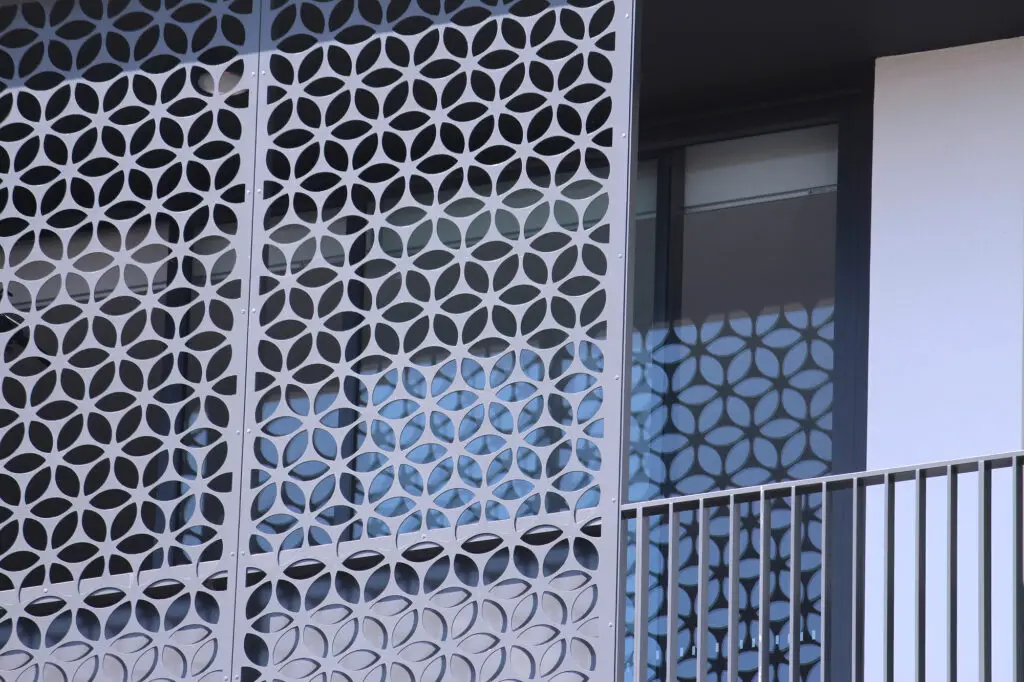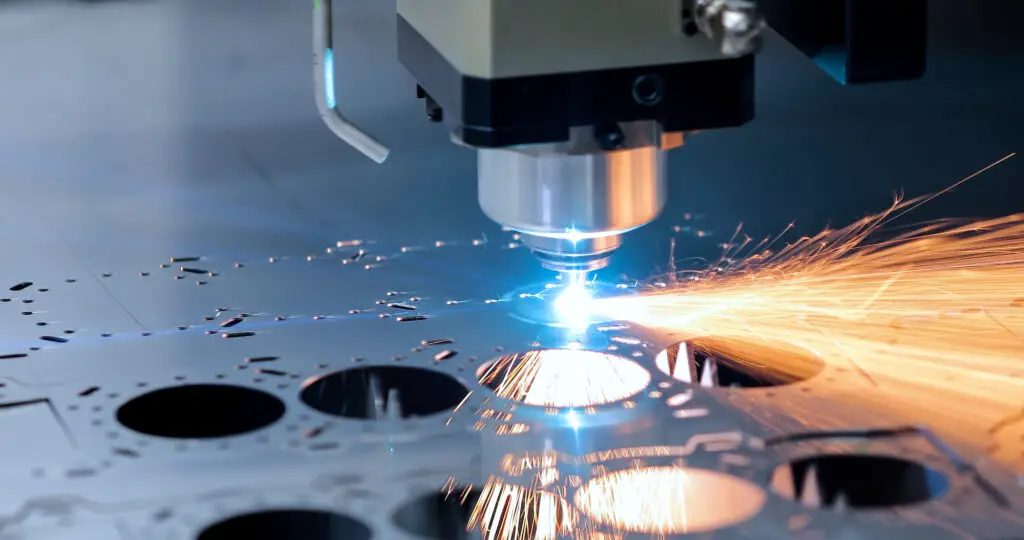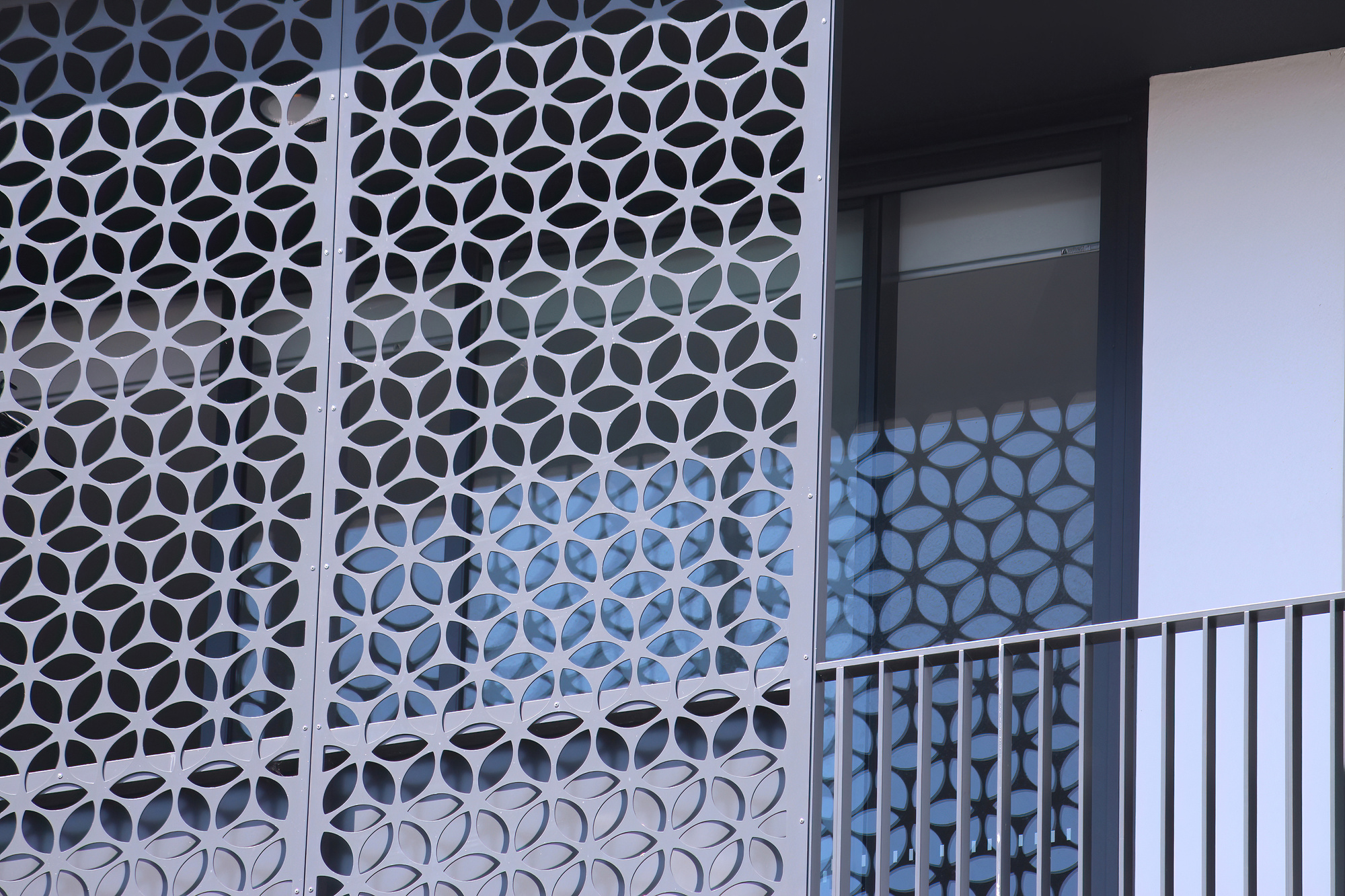Construction projects involve many tasks, from designing and planning to executing and completing structures. With tight deadlines, complex designs, and demanding requirements, construction professionals constantly seek innovative solutions to streamline processes, improve quality, and maximize productivity.
One solution that has gained significant popularity in recent years is 3D laser cutting technology. This technology transforms the construction landscape by allowing builders to craft intricate designs with unprecedented precision and speed. For instance, using versatile tube laser cutting, construction projects can be streamlined because it can handle complex shapes and angles and results in clean cuts with minimal burring.
This article explores the benefits, applications, and how 3D laser cutting in construction projects can streamline construction projects.
Maximizing Productivity In Construction Projects
With traditional construction methods, limitations and inefficiencies often hinder productivity. Enter 3D laser cutting technology, a game-changer using high-powered lasers to precisely and accurately cut through materials such as metal, wood, and plastic.
The benefits of 3D laser cutting include the following:
1. Improved Precision And Accuracy
Laser technology ensures clean and precise cuts, eliminating the risk of human error. This is crucial in construction projects where the slightest measurement discrepancy can have significant consequences. It can be used to create complex structural components with high precision, including brackets, joints, and connectors. It can be particularly beneficial in the construction of steel-framed buildings or bridges.
3D laser cutting can produce prefabricated building components with high precision and efficiency. This could include wall panels, roof trusses, and modular bathrooms or kitchens.

2. Reduction In Manual Labor And Time-Consuming Processes
The automated nature of the technology allows for faster and more efficient cutting processes, reducing the need for labor-intensive tasks. This, in turn, saves time and enables construction teams to focus on other aspects of the project.
3. Enhanced Safety Measures And Risk Mitigation
Using 3D laser cutting technology, potential hazards associated with traditional cutting methods such as blades and sharp tools can be minimized. Moreover, the accuracy and precision of the laser-cutting process reduces the risk of errors that could lead to safety hazards.
Like Us on Facebook!
Also Read:
Subscribe Us on YouTube!
4. Optimal Material Utilization And Waste Reduction
Construction projects often generate significant waste, leading to unnecessary costs and environmental impact. The precision of the lasers helps maximize material efficiency, reducing the overall waste generated and promoting sustainability in construction projects.
Applications Of 3D Laser Cutting Technology
Some of the most common applications include the following:
- Cut precise shapes into beams and columns, which can speed up the construction process and improve the fit of the components.
- Create precise holes and notches for connecting pipes together for plumbing, HVAC systems, or other pipe-based systems in a building. This precision can result in systems that are more reliable and easier to install.
- Cutting intricate patterns into the metal or simply creating the slots needed to fit the components together for balustrades and railings.
- Create custom architectural features for buildings such as sunshades, trellises, canopies, decorative railings, and more.
- Create equipment mounts and supports to install HVAC units, water heaters, or electrical panels. This allows for precise placement and secure installation of these essential components.
- Create accurate and consistent cuts in the structural components, facilitating the assembly process for off-site construction of prefabricated modules like bathrooms, kitchens, or entire room sections.
Implementing 3D Laser Cutting In Construction Projects
The implementation of 3D laser cutting in construction projects has resulted in significant improvements in project timelines. For instance, it has become indispensable in creating models and prototypes.
The technology’s speed and accuracy allow for faster project execution, reducing the overall time spent on cutting and fabrication. This efficiency translates into cost savings as project schedules are shortened, reducing labor costs and increasing profitability.
Construction professionals should consider a holistic approach to maximize the benefits of 3D laser cutting. This includes proper planning, integrating the technology seamlessly into the existing workflow, and aligning the technology with project requirements.
Collaborating with experienced professionals and laser-cutting specialists is also advisable for smooth implementation. Construction professionals should undergo comprehensive training to understand the capabilities of the technology, maintenance requirements, and safety protocols. By ensuring a skilled workforce, construction projects can maximize the benefits that 3D laser cutting offers.
As with any technology, 3D laser cutting continues to evolve and improve. Advancements in laser technology, software algorithms, and automation have introduced new possibilities for construction projects. Future developments may include faster cutting speeds, improved material compatibility, and enhanced integration with other construction technologies.

Conclusion
3D laser cutting technology presents an exciting opportunity for the construction industry to maximize productivity. Construction projects can achieve greater efficiency and profitability through improved precision, reduced labor, enhanced safety, and optimal material utilization.
By implementing 3D laser cutting, construction professionals can unlock new possibilities, streamline processes, and ultimately elevate the success of their projects. Embracing this innovation is a step towards a more advanced and productive future in construction.


















